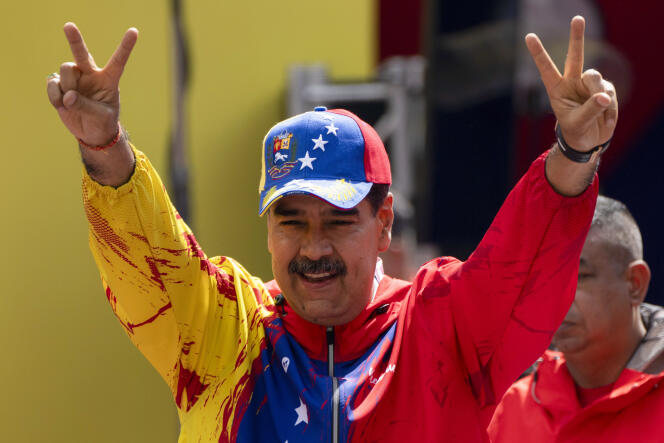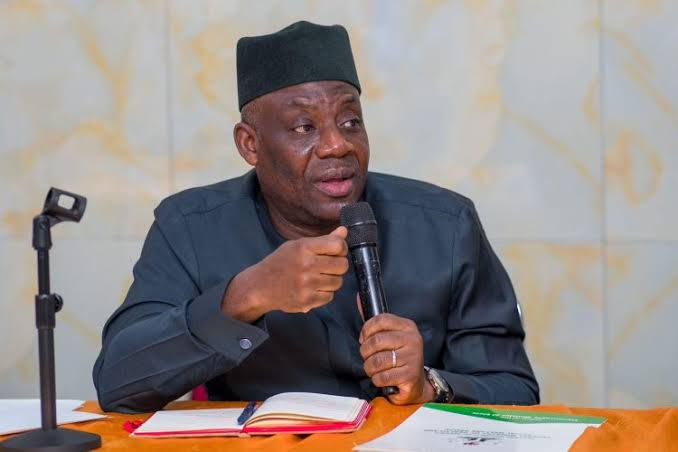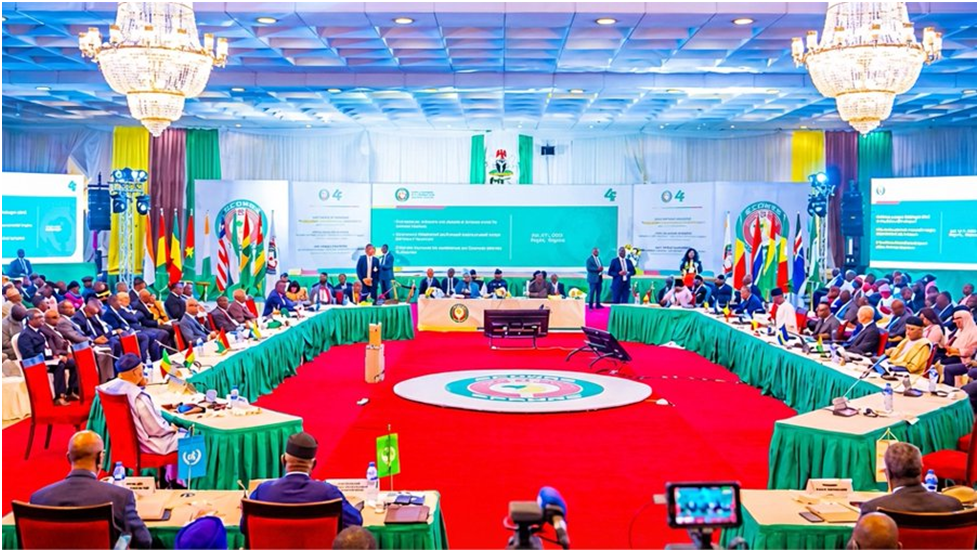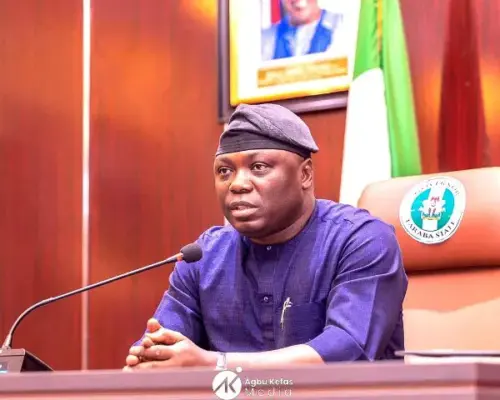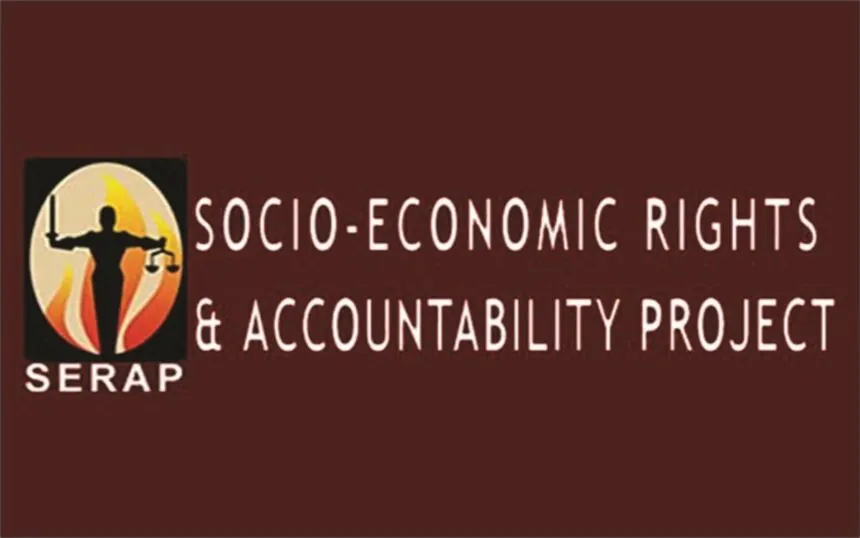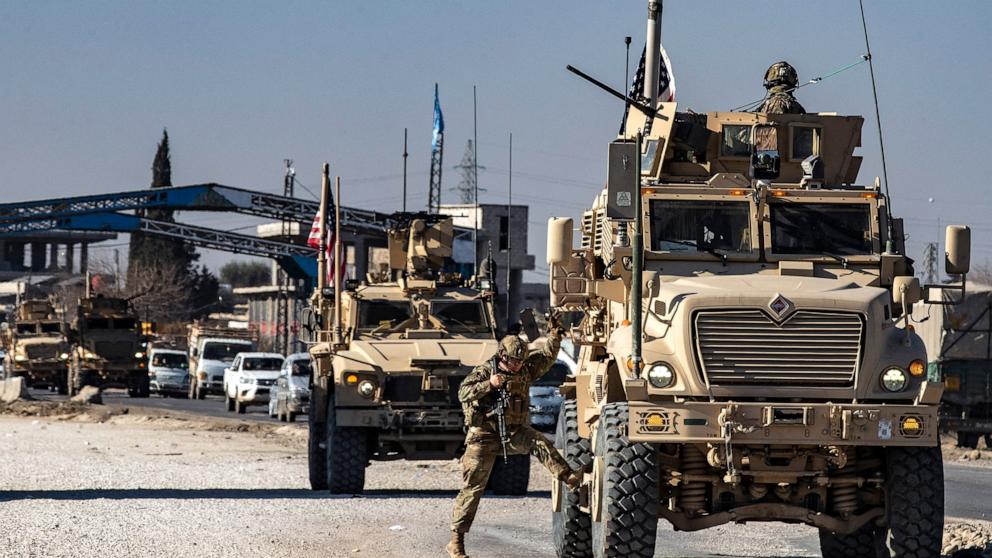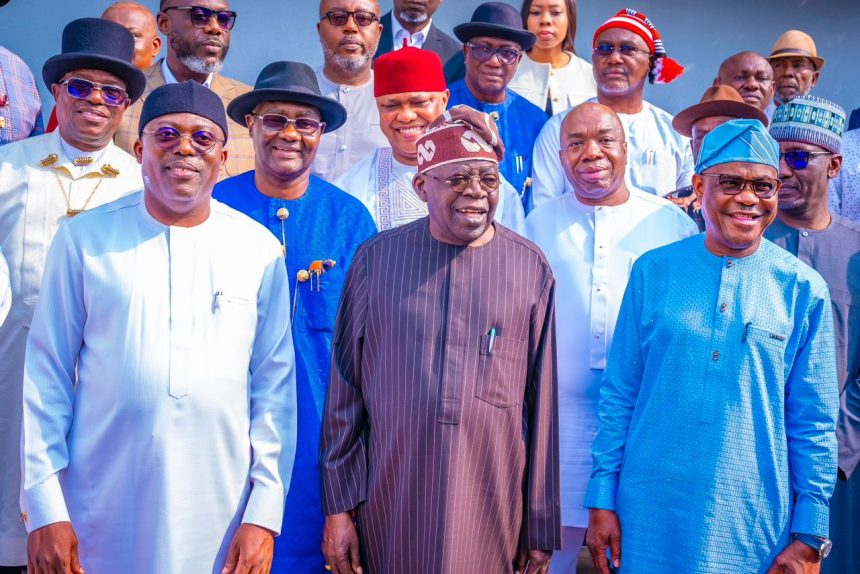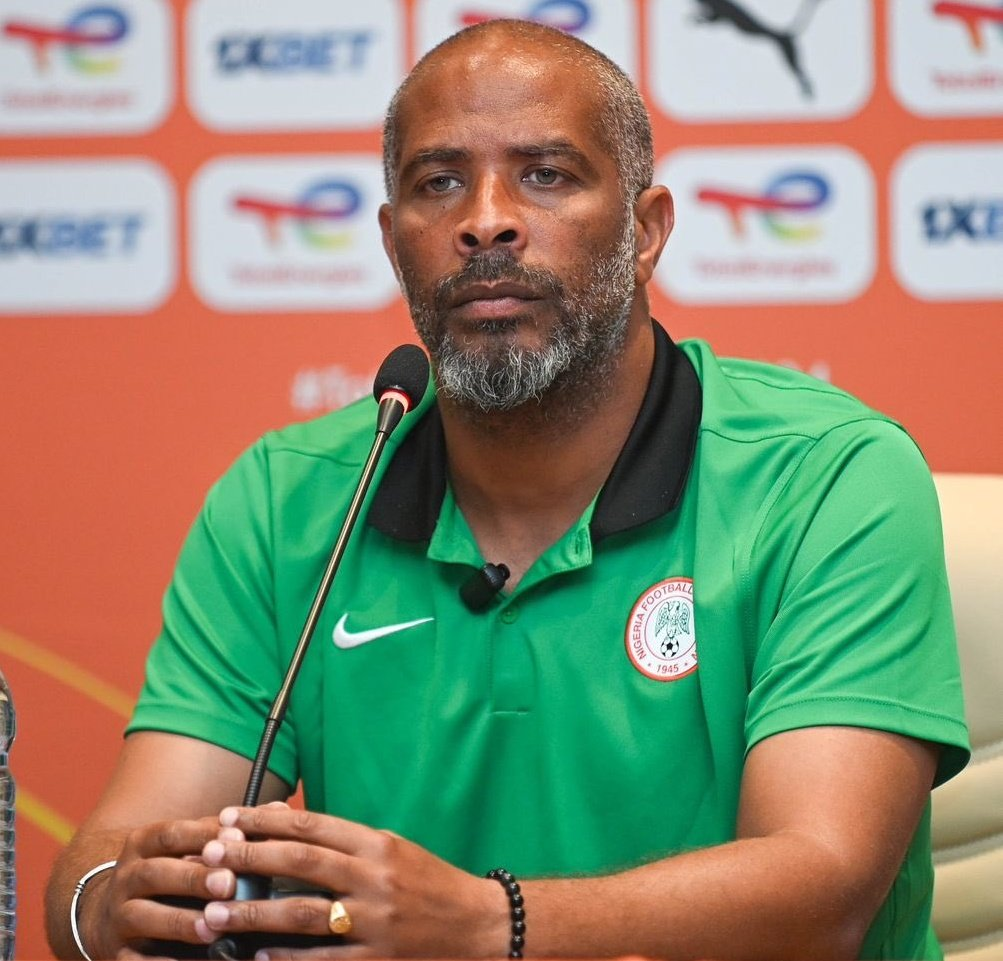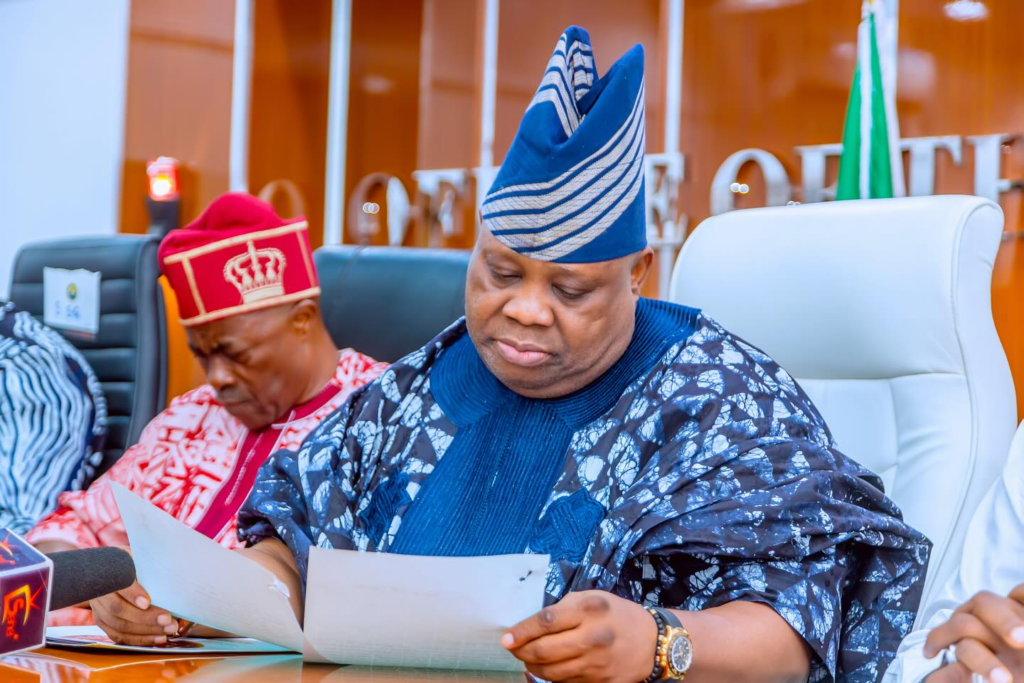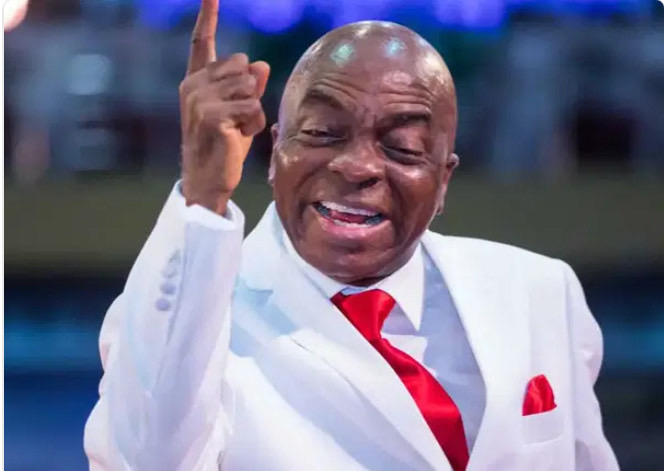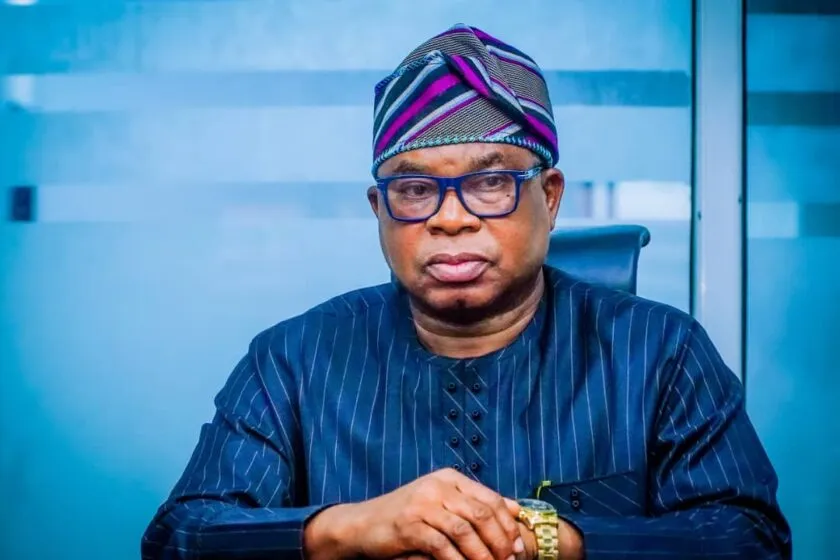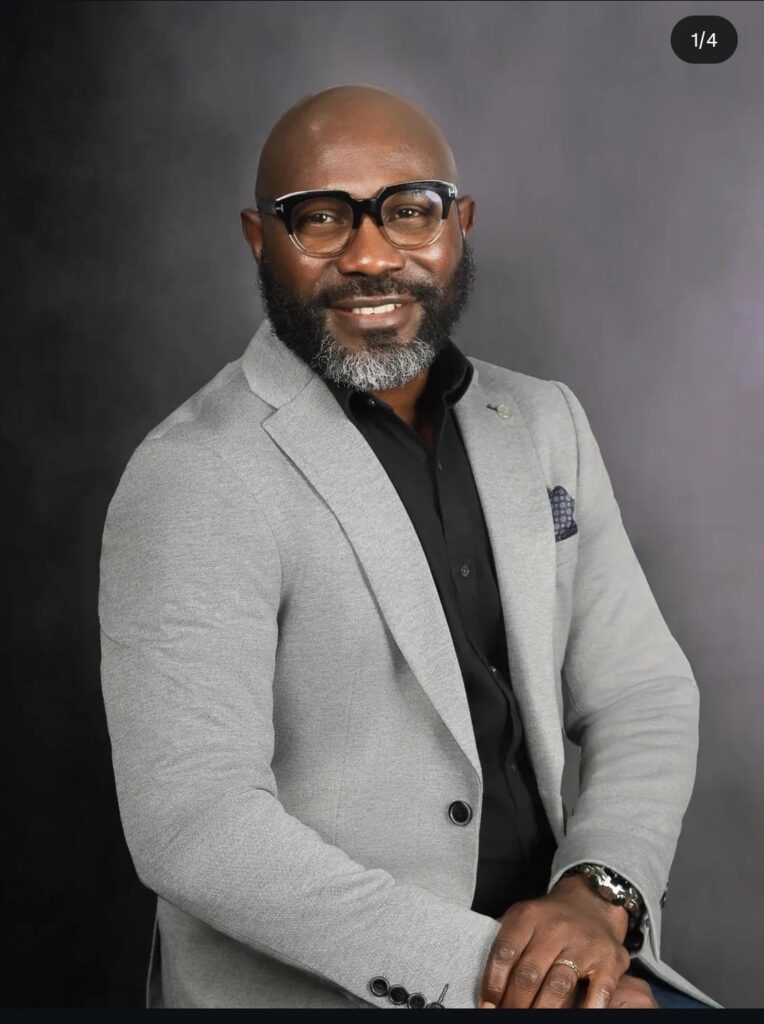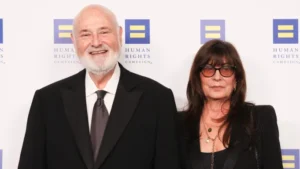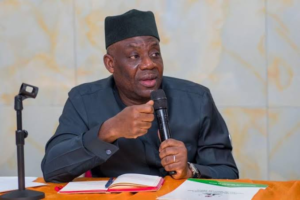President Nicolás Maduro has won Venezuela’s presidential election, according to partial results announced by the National Electoral Council (CNE). Elvis Amoroso, the head of the CNE and a close ally of Mr. Maduro, stated that with 80% of ballots counted, President Maduro had garnered 51% of the vote, compared to 44% for his main rival, Edmundo González.
The Venezuelan opposition dismissed the CNE’s announcement as fraudulent and vowed to challenge the result. They claimed that their candidate, Edmundo González, had actually won with 70% of the votes, asserting he is the rightful president-elect. The opposition cited vote tallies, exit polls, and quick counts that they said showed Mr. González had a substantial lead over the incumbent.
In an effort to unseat President Maduro after 11 years in power, opposition parties had united behind Mr. González. Pre-election opinion polls had suggested that Mr. González would decisively defeat the president.
The outcome of the election has significant implications beyond Venezuela, a country of 29.4 million people. Over the past decade, 7.8 million Venezuelans have fled the country due to the economic and political crisis under Maduro’s administration. Polls conducted before the election suggested this exodus could increase, with one indicating that a third of the population would emigrate.
The situation in Venezuela affects not only the country but also its neighboring Latin American nations and the United States, where immigration is a contentious issue. Venezuela’s vast oil reserves also make it a crucial player on the global stage. Mr. Maduro blames US sanctions for Venezuela’s economic difficulties and has forged close alliances with China, Iran, and Russia. A change in government could shift Venezuela’s international relationships, potentially distancing the country from these allies while Maduro’s continued leadership would likely deepen these ties.
Many Venezuelans were eager for change after 25 years of PSUV party rule, first under Hugo Chávez and then Nicolás Maduro. Despite fears of government fraud, the opposition had hoped their lead would be so convincing that it would prevent the Maduro administration from manipulating the election.
US Secretary of State Antony Blinken expressed skepticism about the announced results, citing “serious concerns that the declared outcome does not reflect the will or the votes of the Venezuelan people.” Chilean President Gabriel Boric also found the result “hard to believe,” demanding transparency and accountability from international observers. Uruguay’s president remarked that the Maduro government was determined to “win” regardless of the actual results.
In contrast, Maduro’s allies were quick to congratulate him. The Cuban president lauded the “dignity and bravery of the Venezuelan people” for overcoming external pressures. Mr. Maduro hailed the election outcome as a “triumph of peace and stability” and praised the transparency of Venezuela’s electoral system, mocking the opposition’s frequent fraud claims.
Despite the opposition deploying thousands of witnesses to polling stations to conduct their own vote count, a spokeswoman for the coalition led by Mr. González reported that many of their witnesses had been “forced to leave” polling stations.

